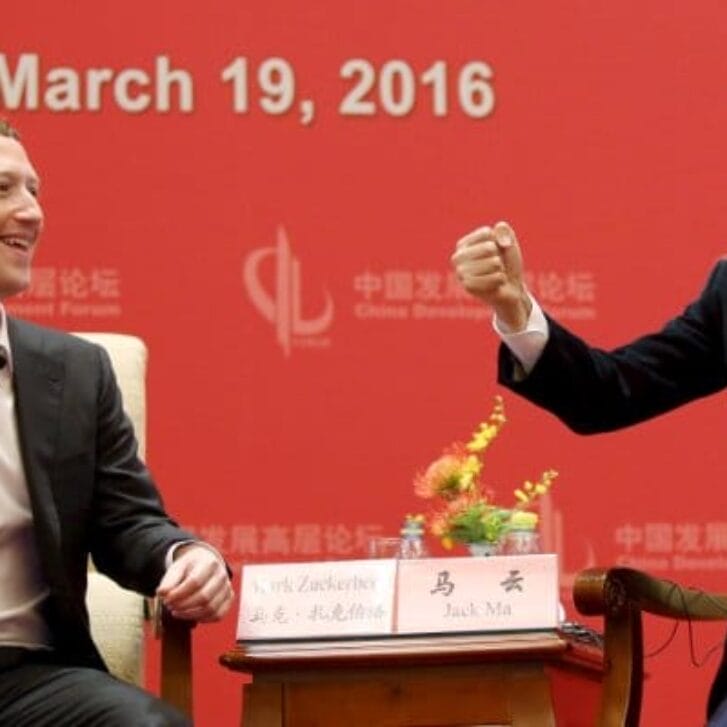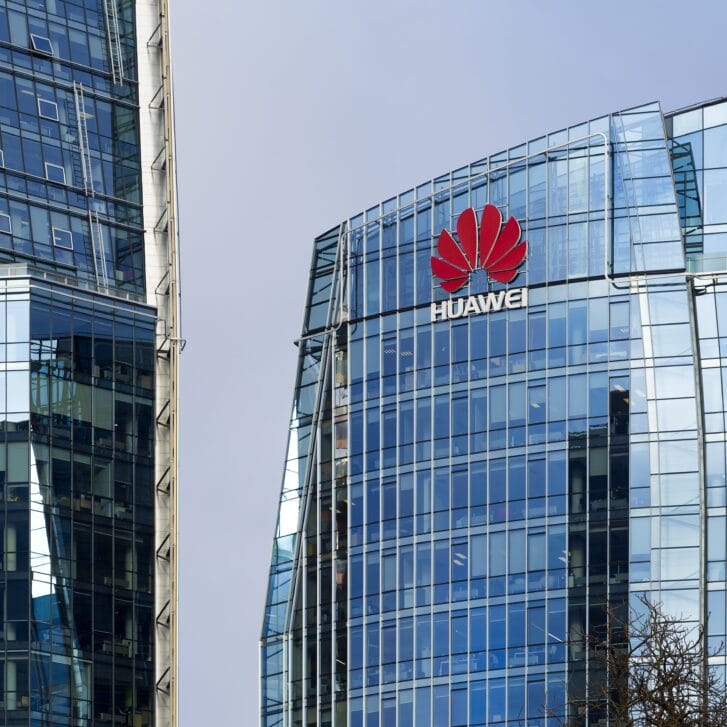The legacy of ancient civilizations is a malleable gift that is playing a surprising role in the modern world of fast-paced and disruptive innovation. It also illustrates the idea that putting old wine into new bottles can be a winning strategy. For example, there’s an old chestnut that claims Silicon Valley was built on the “IC.” The Indians and Chinese, that is, and not the integrated circuit.
I recently attended a private dinner in Beijing to welcome Pradeep Rawat as India’s new ambassador to China. Over Gujarati food and white wine, I discovered that he, too, was a fan of The Argumentative Indian: Writings on Indian History, Culture and Identity by Amartya Sen. In the book, Sen recalls speaking at Stanford to a group of about 800 “Silicon Indians” and marveling at how they were “able to seize the opportunities offered in a very different culture and society from the one in which they were reared.”
There are many such success stories, with Sundar Pichai WG02, CEO of Alphabet and Google, as one of the most shining. In explaining these remarkable achievements, some turn to Sen’s book and its premise that the foundation of Indian culture and identity rests on the long history and veneration of its argumentative tradition. In their view, this is also what powers the widely admired successes of the Indian diaspora in Silicon Valley.
Meanwhile, the Chinese also possess an ancient and enduring set of traditions, values, philosophies, and mindsets. While distinct from the modern Chinese state, it still exerts a powerful influence on China’s government and every other sector of society as well as on the Chinese diaspora in all corners of the world. And this traditional Chinese way is having a profound impact on the world of finance as it undergoes seismic changes whose tremors are only just beginning to be felt.
In his book Cashless: China’s Digital Currency Revolution, Richard Turrin weaves together monetary policy, Chinese political history, technology, and an understanding of the global payments system to argue that China’s launch of the digital yuan (a central bank digital currency, or CBDC) foretells a profound change in the relationship that people, companies, and governments around the world will have with money. Because of China’s growing strength in global trade, the yuan has steadily gained greater global acceptance. But, according to Turrin, “The use of China’s CBDC in cross-border trades heralds much more than just choosing to use China’s RMB currency. It is an entry token to a new digital logistics system the likes of which the world has never seen.” And while the digital yuan or RMB employs cutting-edge financial technology, it is firmly rooted in traditional Chinese values and principles first articulated many thousands of years ago.
Similarly, through Alipay+, a global cross-border mobile payment and marketing solution launched in 2020, Ant Group has adopted a distinctively traditional Chinese approach in its strategy to expand globally. According to Jia Hang, Ant Group’s regional general manager for Southeast Asia, digital wallets are rapidly becoming the preferred form of payment around the world for both online and offline purchases, with their share of payment forecast to reach 53 percent and 39 percent, respectively, by 2025. And, with Alipay already a leading digital wallet in China, introducing this digital wallet into other markets would seem to be a strategically obvious choice.
However, such a direct approach across so many diverse markets — and most with already established local players — would be expensive, complex, and time-consuming, as well as risky. It would also require Ant Group to engage in a number of wasteful zero-sum marketing battles that could also result in unintended collateral damage. But traditional strategic thought in China has always emphasized the avoidance of direct conflict precisely because such conflict is wasteful and destructive, and this informed Ant Group’s decision to launch Alipay+ instead.
Asian economic integration is accelerating through arrangements like the Regional Comprehensive Economic Partnership which, as the world’s largest free trade area, accounts for roughly a third of the world’s population. It also currently covers a similar portion of global GDP, which is expected to reach 50 percent by 2050. And Alipay+ has targeted this economic center of gravity. But rather than go head-to-head with dozens of local competitors, Alipay+ instead offers local market players access to capabilities that would be difficult for them to profitably develop on their own. Alipay+ also does not require them to surrender their most valued asset: a direct touchpoint with consumers.
As Asian economies advance, mature, and integrate, intraregional travel is exploding in both scale and diversity. By positioning Alipay+ as a partner to local digital wallet businesses such as Kakao Pay and Naver Pay in South Korea, Touch ‘n Go eWallet in Malaysia, GCash in the Philippines, and others, Alipay+ enables each company’s users to continue using their local digital wallets while traveling abroad. In parallel, Alipay+ offers marketing capabilities to local merchants around the world so they can more efficiently reach and attract this growing wave of Asian travelers. With this approach, Alipay+ has already connected over one billion consumers in Asia and a million merchants around the world. But more importantly, it has crafted a strategy based on ancient Chinese precepts that allow the achievement of one’s objectives without resorting to wasteful and self-destructive conflict.
Sunzi (also known as Sun Tzu), credited with writing The Art of War, is famed for his dictum that “to win without fighting is best.” Like Confucius, Sunzi is widely known around the world. But, also like Confucius, he is dismissed in some circles as merely a simplistic purveyor of trite platitudes.
However, the legacy of ancient civilizations from India, China, and others — if properly understood and thoughtfully applied — can guide us in seizing a future defined by fast-changing and disruptive innovation. Old wine in new bottles can deliver both truth and inspiration.
Andy Mok WG02 is a senior research fellow at the Center for China and Globalization, a leading global think tank headquartered in Beijing, where he focuses on technology and its impact on international relations. Leveraging his previous private equity and venture capital investment experience, he also advises investors and entrepreneurs in China on financing and growth strategies. He is also past president of the Wharton Club of Beijing.


























